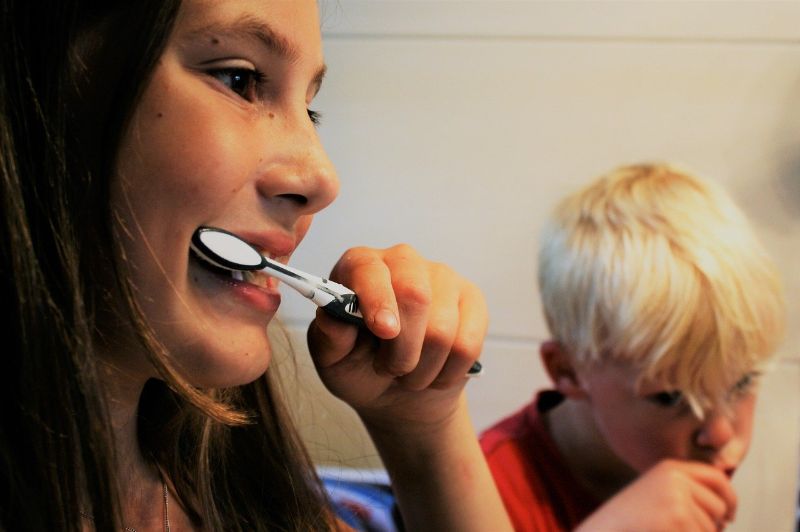In a world where external validation is often the norm, and social media dictates our self-worth, finding a quiet space for self-reflection and personal growth is more critical than ever. Journaling offers a simple yet powerful way to explore your thoughts, ideas, and experiences in a safe and private environment. By putting pen to paper, you can unlock a treasure trove of inspiration for future projects while fostering self-awareness and personal development.
The Power of Self-Reflection
Journaling is a potent tool for self-discovery, allowing you to dive deep into your innermost thoughts and emotions. By recording your experiences, you enable a reflective process that helps you understand your reactions, behaviors, and decision-making. This introspection can lead to increased self-awareness, helping you uncover patterns, triggers, and areas for growth.
When you take the time to reflect on your thoughts and actions, you also cultivate a sense of gratitude for your accomplishments and progress. This awareness can inspire you to set new goals and continue striving for personal growth and improvement.
The Art of Idea Generation
The human mind is an endless source of creativity and innovation, but sometimes, we struggle to tap into our full potential. Journaling can act as a catalyst for idea generation, offering a space to brainstorm and explore concepts without fear of judgment or criticism.
By writing down your ideas as they come to you, you create a record of your thought process that can be revisited and expanded upon. This practice can be particularly helpful when working on creative projects or problem-solving, as it allows you to see patterns, make connections, and develop a more comprehensive understanding of your thought process.
The Science Behind Journaling
Journaling is not only a powerful tool for personal growth, but it also has a strong scientific basis. Research has shown that writing about your thoughts and emotions can have significant mental and physical health benefits.
One study conducted by James Pennebaker, a psychologist at the University of Texas, found that people who wrote about their traumatic experiences for 15 minutes a day, four days in a row, experienced a significant reduction in stress and anxiety. Other research has shown that journaling can improve cognitive functioning, boost the immune system, and even help with pain management.
Tips for Effective Journaling
To make the most of your journaling practice, consider implementing the following strategies:
- Create a consistent routine: Establishing a regular journaling habit is crucial for reaping its benefits. Choose a time of day when you are most relaxed and free from distractions, and set aside at least 15 minutes for writing.
- Use prompts to guide your writing: If you find yourself struggling to put your thoughts into words, try using prompts to spark your creativity. Prompts can be anything from questions to explore your emotions to a simple word or phrase to inspire your writing.
- Write without judgment: Allow yourself the freedom to write without concern for grammar, punctuation, or the opinions of others. The goal of journaling is to express yourself openly and honestly, so let go of any expectations or pressure to create something perfect.
- Experiment with different formats: There is no one-size-fits-all approach to journaling. Try out various methods, such as free writing, bullet journaling, or stream-of-consciousness writing, to discover which format resonates with you.
- Keep your journal private: Your journal should be a safe space where you can be completely honest with yourself. Ensure your journal is kept in a secure location to protect your privacy and encourage open self-expression.
The Enduring Legacy of Your Journal
As you continue to record your thoughts, ideas, and experiences, your journal becomes a tangible
representation of your personal journey. Over time, it evolves into a valuable archive of your growth and development, offering insights into your changing perspectives, priorities, and goals. This unique record of your life can serve as a source of inspiration for future projects, both creative and personal.
Furthermore, your journal can become a cherished keepsake for future generations. By sharing your experiences and wisdom, you create a lasting connection with loved ones and offer a glimpse into your life’s narrative.
Journaling is an empowering practice that not only provides a platform for self-reflection and idea generation but also contributes to your overall well-being. By consistently recording your thoughts, experiences, and emotions, you unlock a world of self-discovery and personal growth. Your journal becomes a trusted companion on your life journey, offering guidance, solace, and inspiration for years to come. So, pick up a pen and start writing – unleash the transformative power of journaling today!







